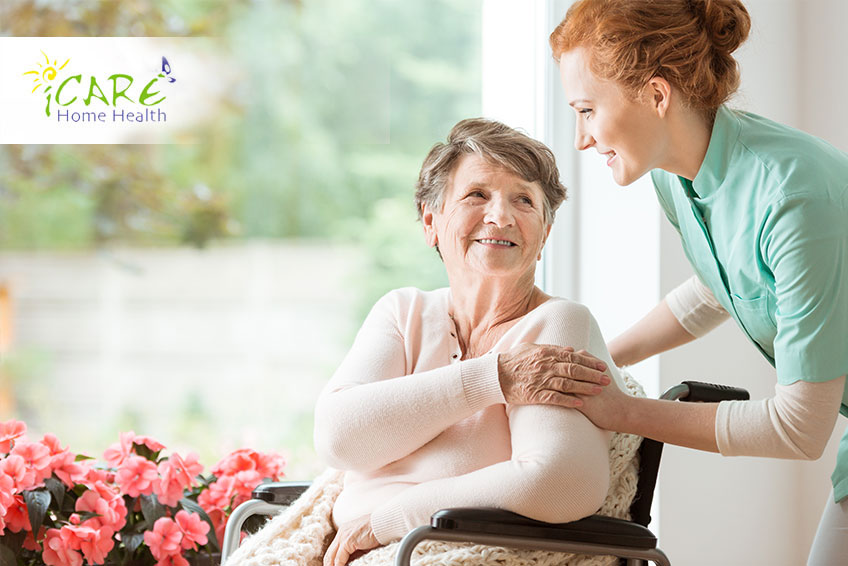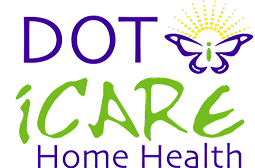Home Care After A Stroke

If your loved one has recently experienced a stroke, know that there are plenty of options available to help with recovery and recuperation once they’ve been released from the hospital. Whether you choose premier home care services or other senior care options, the help available to assist with recuperation can provide valuable support and insight into what to expect as you begin the recovery process.
Know that caring for a loved one at home who’s just had a stroke involves caring for both their physical and mental health. Professional caregivers accessed through home health care in Milton or other regional services can not only care for your loved one, but can also help you get prepared to address all the important areas involved in stroke recovery.
4 Steps For Supporting Stroke Recovery At Home
Stroke recovery can be a long process, but one that doesn’t need to be conquered alone. Take the time to research options that offer support and guidance and work to facilitate a positive recovery journey. In order to start on the right path, take a look at some helpful steps designed to support at home stroke recovery.
- Monitor medications and side effects.
In most cases, stroke survivors are put on a variety of medications that each serve a different purpose. Since all medications come with side effects, each person should be carefully monitored. It’s a good idea to keep a log of behavior and symptoms so that you can easily identify any changes or problems. Consult with a doctor about any issues as soon as possible.
- Understand that recovery is not linear.
As recovery continues at home, there may be a slowdown in improvement. There is no need to be alarmed, this is perfectly normal. Most people who are going through stroke recovery will experience a plateau every now and then. Slowdowns, however, are not a sign that recovery is stopping, but it may mean that a change in rehabilitation efforts is required. Try not to let yourself or your loved one be discouraged by a slowdown of results, but just take it as an opportunity to fine tune your efforts.
- Adapt your home to prevent accidents.
Before your loved one comes home to further their stroke recovery, try to remove as many unnecessary objects and clutter as possible. Open space is best for your stroke survivor to move around and avoid falls.
You should also look into adaptive tools in your home that can improve home safety, such as:
- Grab rails in the shower
- Shower transfer benches
- Slip-resistant mats
Additionally, an occupational therapist or a premier home care service can also provide more ideas for adaptive tools available that will make it easier for those recovering from a stroke to still complete everyday tasks such as using utensils, and managing personal hygiene.
- Be aware of the emotional impacts of a stroke.
Having a stroke is life changing, and it affects more than just physical health and abilities. Individuals who have experienced a stroke can also experience the following emotional challenges:
- Random outbursts of emotion.
- Post-traumatic stress disorder.
- Depression
- Anxiety
- Grief
Understanding that your loved one may suffer from any of these emotional side effects means that you’ll be better aware to identify them and, if needed, look into available treatment options.
iCare Home Health Can Provide Stroke Recovery Support
The road to stroke recovery will be full of ups and downs, but with proper support and care, you can and will get through the recovery period. iCare Home Health provides home health care in Milton and surrounding areas with a variety of service options that can fully support at home stroke recovery. You don’t need to do it alone, contact iCare Home Health today and find out more about our in home services.

